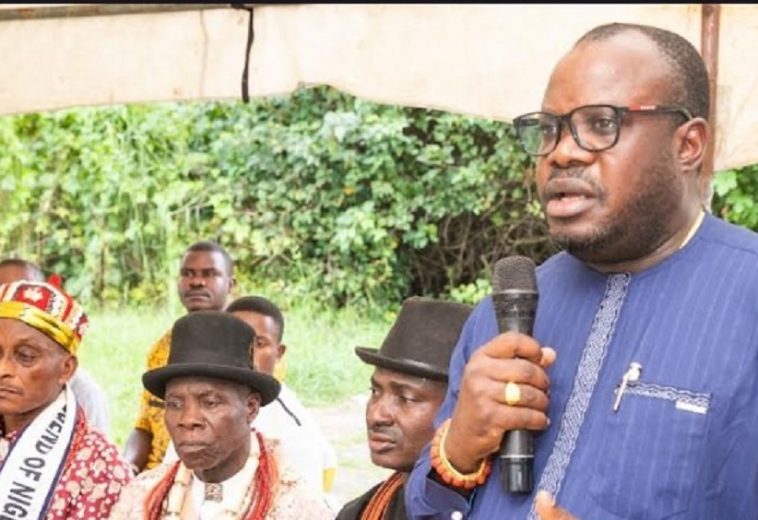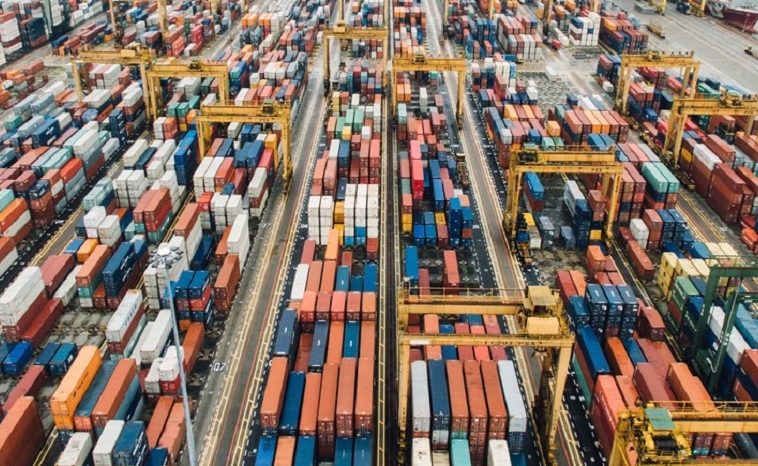“I am not afraid of storms, for I am learning how to sail my ship.” This is an excellent quote that captures the resilience of rural women across Africa. Each year, on 15 October, the International Day of Rural Women honours these women, who play a crucial role in agricultural production, community development, and household management. As farmers, caretakers, and entrepreneurs, rural women are pivotal to food security and the economic well-being of their families and communities.
Established by the United Nations in 2008, the International Day of Rural Women recognises the essential contributions women make in rural areas. The observance promotes gender equality and highlights the importance of policies that support women’s rights and well-being. It encourages global discussions on the challenges faced by rural women, emphasising their contributions to agricultural development and poverty reduction.
The Role of Rural Women in Agriculture
Rural women are the backbone of Africa’s agricultural sector. According to the Food and Agriculture Organization (FAO), women make up nearly 43% of the agricultural labour force in developing countries. They are actively involved in planting, weeding, harvesting, and livestock care, yet their vital contributions often go unrecognised.
In Africa, women farmers produce between 60% and 80% of the food consumed in households, according to the International Fund for Agricultural Development (IFAD). However, many rural women lack access to essential resources such as land, credit, and education, limiting their productivity and economic potential. The World Bank estimates that if women farmers had the same access to resources as men, their yields could increase by 20% to 30%.
Challenges Faced by Rural Women
Despite their critical roles, rural women in Africa face systemic inequalities that impede their livelihoods. The World Economic Forum’s Global Gender Gap Report 2022 shows that gender parity in economic participation remains elusive. Many rural women have limited access to education, healthcare, and social services, compounding their challenges.
A report by UN Women reveals that women in rural areas are more likely to be illiterate than their urban counterparts, with around 66% lacking basic literacy skills. This educational disparity restricts their job opportunities and limits their ability to advocate for their rights.
Economic Empowerment and Income Generation
To support their families, rural women engage in various income-generating activities, including wage labour, vegetable production, and small-scale trading. According to the World Bank, when women earn an income, they reinvest it in their families, improving their children’s health and education.
Initiatives aimed at empowering rural women through training programmes, cooperatives, and access to credit have shown promising results. For instance, the FAO’s “Empower Women” initiative equips women with the necessary tools and resources to succeed. Studies show that agricultural training programmes targeting women have increased food production and improved income levels.
There are numerous inspiring examples of the transformative impact of empowering rural women. In Kenya, a cooperative of women farmers increased their incomes by 40% after gaining access to markets and receiving training in sustainable farming practices. This initiative not only boosted their economic situation but also fostered a strong sense of community and collaboration.
In Ethiopia, the “Women’s Development Army” mobilises women to work together within their communities, providing mutual support and sharing agricultural knowledge. This programme has significantly improved food production and health outcomes for women and their families.
The Importance of Recognising Rural Women’s Contributions
Recognising rural women’s contributions is crucial for promoting gender equality and empowerment. The International Monetary Fund (IMF) highlights that investing in women, particularly in agriculture, can drive significant economic growth. Closing gender gaps in labour force participation could potentially increase GDP by 35% in some regions.
By empowering rural women, we not only improve food security and economic growth but also foster social progress and enhance community well-being.
Moving Forward: Steps to Empower Rural Women
To support rural women in their contributions to agriculture and community development, several steps can be taken:
- Access to Resources: Ensure equal access to land, credit, and agricultural inputs by implementing policies that protect women’s rights to land ownership and inheritance.
- Education and Training: Provide educational opportunities and training tailored to rural women’s needs, with a focus on financial literacy and sustainable agricultural practices.
- Support Networks: Establish cooperatives and networks that allow rural women to share knowledge, resources, and experiences, serving as platforms for advocacy.
- Health and Social Services: Improve access to healthcare and social services in rural areas, ensuring women receive the necessary support for their well-being and that of their families.
- Policy Advocacy: Advocate for policies that promote gender equality and the empowerment of rural women at local, national, and international levels.
As we celebrate the International Day of Rural Women, we must honour the resilience and contributions of rural women across Africa. It is essential to advocate for their rights, amplify their voices, and provide them with the resources and support they need to thrive.
Governments, NGOs, and communities must work together to create inclusive policies that empower rural women and address the barriers they face. Investing in rural women is not only a moral imperative but also an economic necessity for sustainable development and prosperity for all.
Together, we can create a future where rural women are recognised and celebrated as key partners in agriculture, community development, and economic growth.




